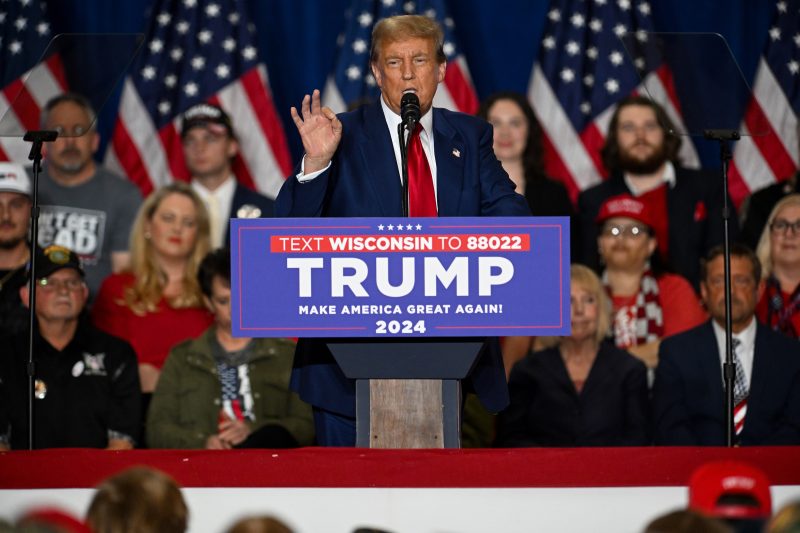In a recent controversial statement, former President Donald Trump articulated his belief that abortion policies should be decided at the state level rather than on a national scale. This stance, which Trump conveyed in an interview with Fox News, marks a notable departure from the more mainstream Republican position that calls for a federal ban on abortions.
Trump’s decision not to endorse a national restriction on abortion has sparked debates across the political spectrum. Those in favor of state-level control argue that it promotes a more flexible and targeted approach to reproductive rights, allowing individual states to tailor their laws according to the preferences and values of their residents. Advocates of such decentralization emphasize the importance of local autonomy in shaping policies that resonate with local communities.
Furthermore, decentralizing abortion laws to the states could potentially result in a more diverse landscape of reproductive healthcare, with some states choosing to protect abortion rights and others opting for stricter regulations. Proponents of this viewpoint suggest that a state-by-state approach allows for experimentation and innovation in addressing complex ethical and social issues related to abortion.
However, critics of Trump’s position express concerns about the potential consequences of leaving abortion legislation to the discretion of individual states. They argue that such an approach could lead to stark disparities in access to abortion services across the country, placing marginalized communities and individuals at a significant disadvantage. Inconsistencies in state laws could create logistical challenges for individuals seeking reproductive healthcare and could infringe upon the constitutionally protected right to abortion established in the landmark Roe v. Wade decision.
Moreover, opponents of state-level control of abortion laws stress the importance of a unified and consistent national policy to safeguard reproductive rights for all individuals, regardless of their geographic location. They argue that federal oversight is necessary to ensure equitable access to abortion services and to prevent regressive restrictions that may disproportionately impact vulnerable populations.
The debate surrounding Trump’s stance on abortion reflects broader philosophical and ideological divisions within the American political landscape. It underscores the ongoing tension between states’ rights and federal authority, as well as the complex interplay between individual liberties and societal values. As the discussion continues, it remains to be seen how this issue will evolve and whether efforts to decentralize abortion policies will gain traction in the United States.

